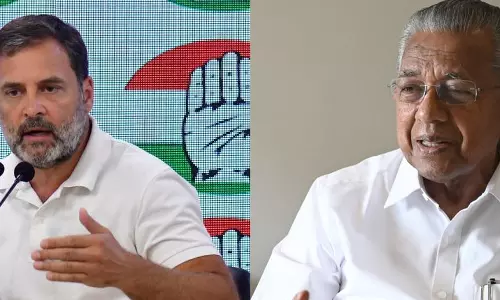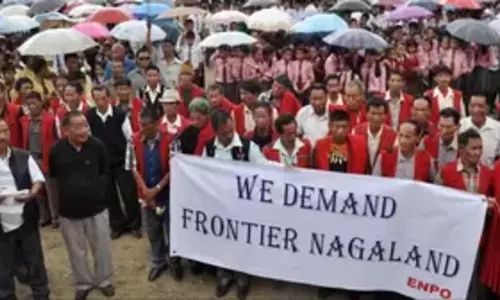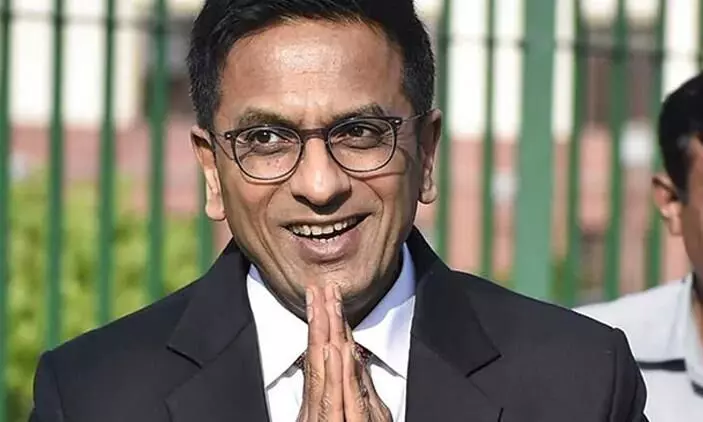
Supreme Court Justice D.Y. Chandrachud: Castelessness is a privilege for the upper caste
text_fieldsJustice DY Chandrachud (Image Courtesy : www.madhyamam.com)
In a speech today, Justice D.Y. Chandrachud echoed Dr. B.R. Ambedkar's call to end caste discrimination and to transform society using his ideas. He warned, "the process of othering and exclusion must be stopped." The Supreme court judge added that the privileged members of society must "break free from the shackles of the past" and deal marginalized communities with dignity.
Honourable Justice made these remarks as part of the 13th B R Ambedkar Memorial Lecture entitled "Conceptualising Marginalization: Agency, Assertion, and Personhood." Rosa Luxemburg Stiftung South Asia and the Indian Institute of Dalit Studies organized the event.
According to him, not letting caste define one's identity is a privilege that only the upper caste can afford. He also pointed out that while many higher caste individuals are able to disband their caste identity by their professional accomplishments, the same will never be viable for people from lower castes. Those belonging to low castes must hold on to their identities to be provided with protection under laws such as reservation, he reminded.
Putting caste-based marginalization in perspective with other marginalized sections of society - women, LGBTQ, and people with disabilities - the Justice observed that humiliation becomes part of society when oppression occurs; it does not need to be direct; it can be indirect and institutionalized. He said marginalization occurs not just to members of the lower caste but also to everyone who deviates from "normality," regardless of their gender, ethnicity, or sexuality.
While he acknowledged that rules like granting permanent commissions for women and decriminalising homosexuality exist, their actual impact on society will only be seen down the road.
He added, "72 years ago, we gave ourselves a constitution premised on justice, liberty, and equality for all. However, it was only in 2005 that women were regarded as equal co-partners, and only in 2018 that homosexuality was decriminalised. By repealing a discriminatory law, the discriminatory behavior is not automatically overturned. This is the institutional perpetuation of humiliation,"
























